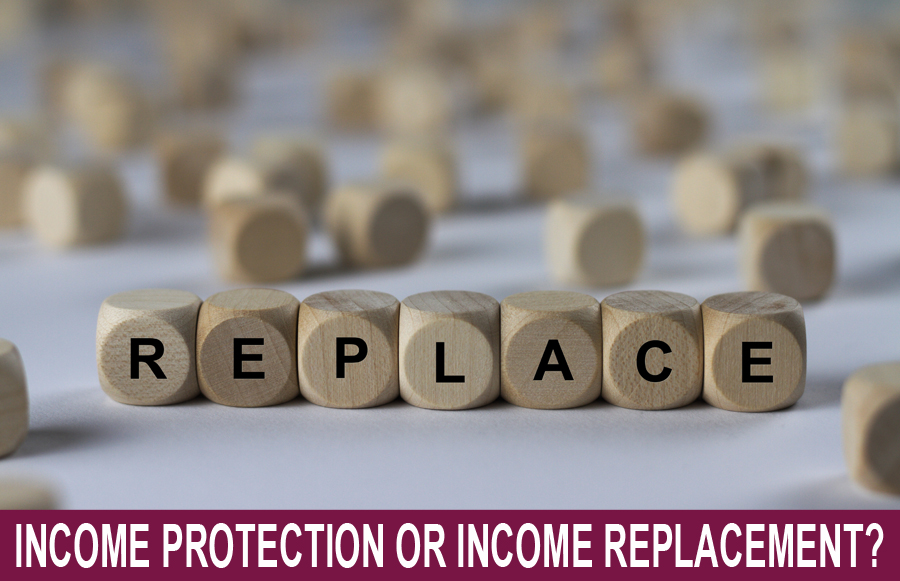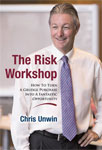CHRISISMS
A fortnightly pearl of wisdom to fast track your success
CHRISISM #50 - Income Protection or Income Replacement?
19 September 2017
As advisers, we are often guilty of describing the concept of securing a client’s income as “income protection”. If you use this terminology in this way with your clients, then I believe you should consider a change in terminology.
In Chrisism#8 we looked at the importance of terminology and one of the phrases I suggested you stop using was “income protection” in a conceptual context or as a concept. The reason for this is that there is a big difference between the phrases “income protection” and “income replacement”. If we get this right, then “income replacement” will become the concept – and indeed the most fundamental financial outcome that clients will want in the event of either of the ‘what if’ scenarios of illness/accident or premature death. In other words, provided we give the client the opportunity to say so, then they will confirm that the maintenance of their income status quo is the single most important outcome if something happens to them. As some of you will already know, the best way of facilitating your client verbalising this desired financial outcome is to ask the question:- “In the event of you suffering a prolonged or serious illness or accident, where between 0% and 100% would you want your income to be replaced?” Once we have established that our client’s primary objective/goal is 100% income replacement, then Income Protection becomes the product that can do most of the job (around 75%), but not all of it. Therefore, having only asked our client one question, by definition we are already talking about a personal protection package since we cannot achieve their desired outcome of 100% income replacement with only one product – we will have to combine Income Protection, Trauma Cover & Total & Permanent Disability in some way in order to minimise the medical cracks through which our client could fall in the event of claim – and isn’t that exactly what we should be seeking to do as a risk adviser? To take this terminology concept one stage further, I believe the heading that sits over the top of the pages of your Fact Find that deal with personal protection is also important in relation to the message it conveys. The heading that sat over the top of the 2 pages in my Fact Find that addressed the subject of personal protection was Income Replacement, and I believe this was very powerful for two reasons:- 1) The use of the word Replacement by definition implies 100% of something, which sews important seeds in the client’s head given the question (as above) that we are going to ask them. 2) I would suggest that nearly every person who sits down with you for a first meeting already has certain “insurances” that deal specifically with “replacement” in the event of claim i.e. car insurance, buildings insurance and contents insurance, so why should “income insurance” be any different? So in summary, if we get the terminology right, then income replacement will always be the financial outcome desired by our clients and income protection will be a product that can achieve most of this outcome – but not all of it, hence the need for Trauma & TPD. |





